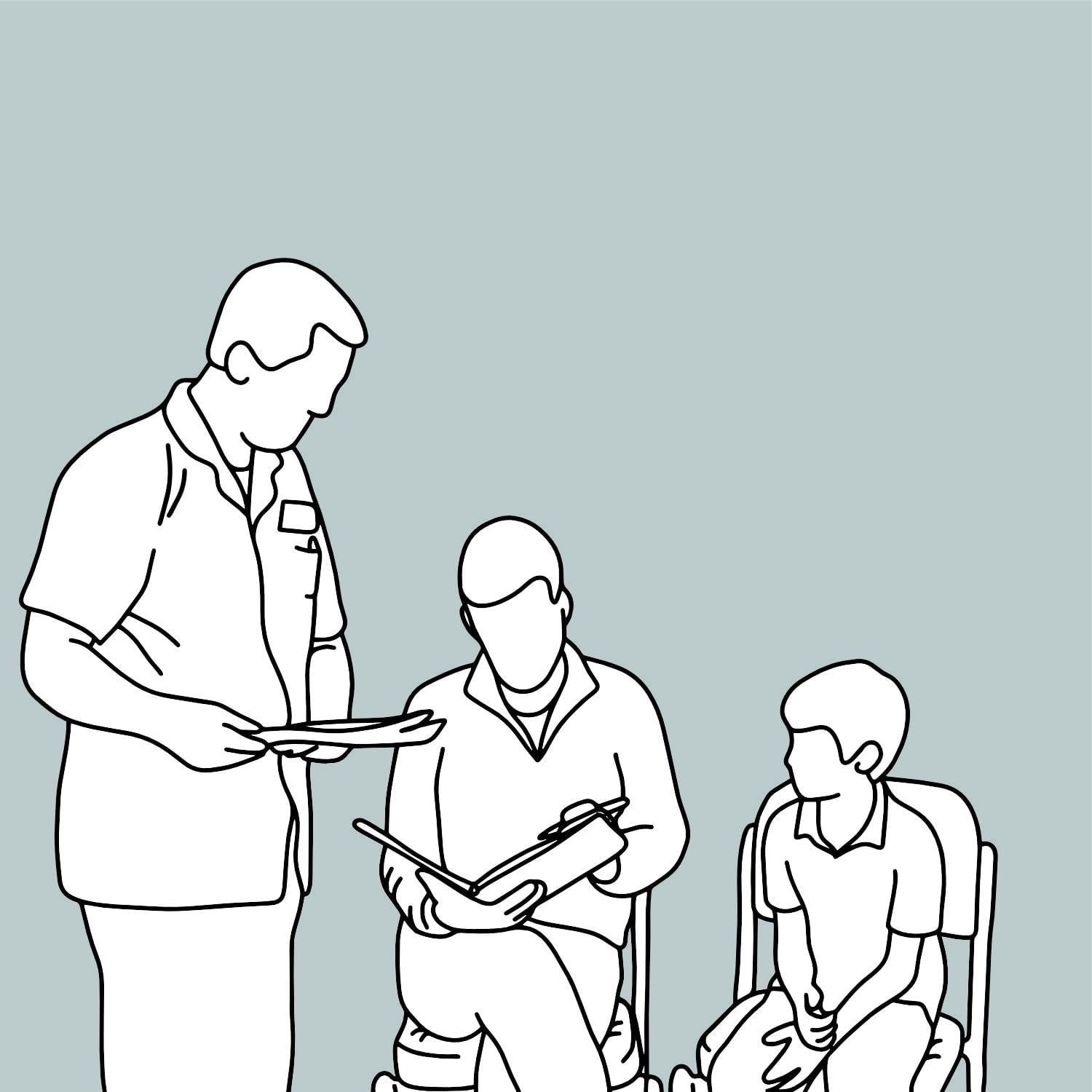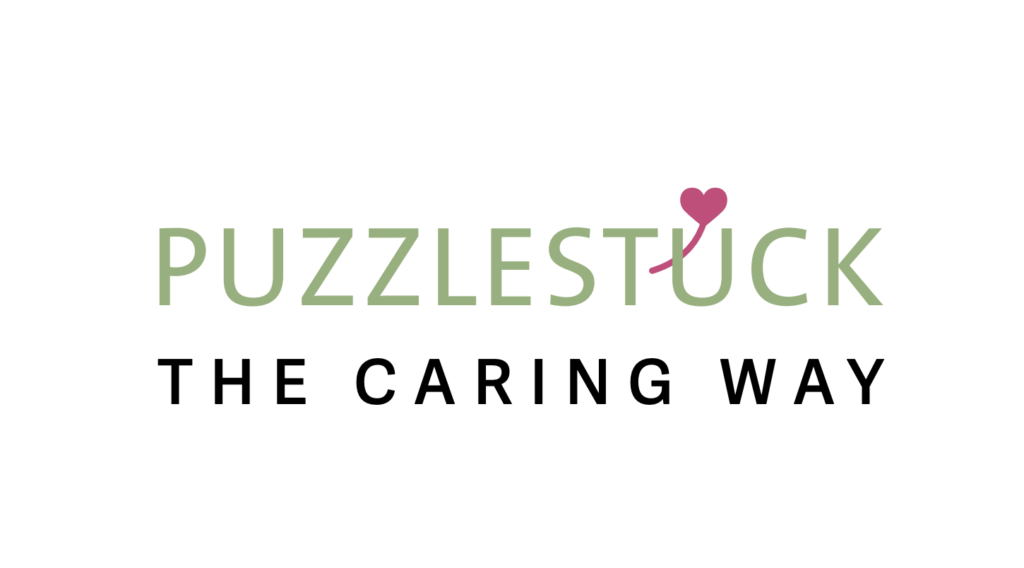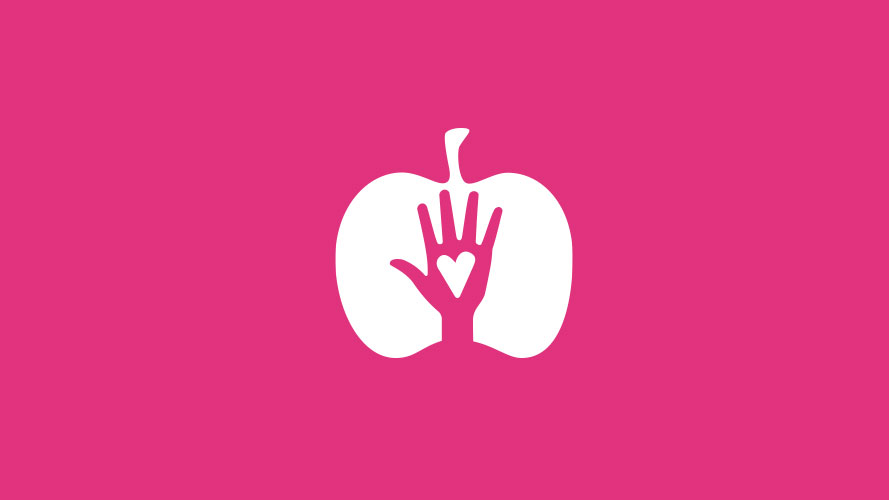People often use the term ‘informed consent’ in the healthcare industry. But what does it mean?
Informed consent means that before you undergo a medical treatment or a procedure, you fully understand everything involved in that procedure including risks, benefits, alternative treatments, and potential side effects. In addition, informed consent means that your decision to accept that medical treatment or procedure is completely voluntary.
If you require medical intervention such as a vaccine, your healthcare provider should give you all the information and be able to answer any questions you have.
Informed consent should be obtained before proceeding with medical intervention.
What should my healthcare provider discuss with me?
1. The risks and benefits
Before being given a medicine or undergoing a procedure, your health practitioner should tell you all of the potential risks and benefits. You should also receive information on potential side effects. Information on risks and benefits should be specific to you since every person will be impacted differently depending on their age and health status.
2. A treatment outline
You should receive a treatment outline. A treatment outline will include things like how a medicine is given, how long a procedure is, how long it might take to recover, and how side effects can be managed. Ideally this should be provided to you in a printed form for later reference.
3. Your medical history
Your healthcare provider should be aware of your medical history. It is important to remember that we are all different. A medicine that works for one person won’t always work for another person. In order to know whether a treatment or procedure will be beneficial, it is important for you and your care provider to look at your medical history. You may have medical conditions that interfere with your ability to receive a treatment, and, in rare cases, a treatment could endanger you. It is important to look at your allergy history and whether you have had a negative reaction to similar medication in the past. If you are in any doubt about whether a medication may interfere with your health, you may decline a medicine. In the case of the Covid-19 vaccine, you may want to apply for an official medical exemption form. You can do this here.
4. Alternative procedure or treatment options
To provide the best medical care possible, your healthcare provider should give you alternative treatment options. In the case of the Covid-19 vaccine, it is important to know that there are alternate safe and effective treatment options which can be found here.
5. Voluntary decision
It is important that all health decisions are made voluntarily. This is called voluntary consent. It is against the law to force anyone into accepting a treatment or medical procedure against their will. If a person feels they must receive a medical intervention to avoid losing their job, their place at university, or having their freedom of movement taken away from them, then they have been coerced and the injection becomes a criminal act of assault, and informed consent has been violated.
Why is it important?
Informed consent exists to protect people from coercion, medical experimentation, and procedures that may cause them more harm than benefit. Since you are the one that has to live with the consequences of any medicine or procedure, you should be given the information to make an informed, free choice. This is important to make sure you receive the highest standard of care. Treatments should only be given when the person has made the decision that there is significant benefit from the intervention and minimal risk.
Informed consent can help prepare you for the future so that after treatment (e.g vaccination) you can make key decisions to aid your recovery. Your treatment outline, for example, will let you know what to expect during recovery so you can do things like take more time off work, stock up on medicines that aid recovery, and gather support from friends and family.
To receive the best clinical care, you should always ask your doctor or nurse for their opinion on whether you are fit enough to undergo a procedure or take a treatment. They are obligated by medical ethics to help you make the best decision.
What are medical ethics?
Medical ethics are guidelines that all medical practitioners should adhere to when treating people. They are basic human rights principles, and they are considered best practices in public health matters. In the interest of providing informed consent, health care providers should consider all pillars of medical ethics.
Four pillars of medical ethics:
- Patient autonomy – Healthcare practitioners have to respect that you have the right to decide whether or not you want a medical intervention.
- Beneficence – Beneficence means that it is your healthcare provider’s duty to “Do Good” and only take actions that will benefit you.
- Non-maleficence – Non-maleficence means that your healthcare provider should “Do No Harm” in the interventions they are offering. If there is risk involved, the treatment potential benefits must outweigh the risks.
- Justice – Healthcare professionals must treat all people equally regardless of ethnicity, religion, gender, or social circumstance.
Can everyone give informed consent?
Not everyone can give informed consent. Weighing the risks, benefits, and side effects of a medical intervention requires maturity, decision-making capacity, and the ability to consider short and long-term consequences. It is important to consider a person’s capacity to make these types of complex decisions regarding their health.
Informed consent cannot be provided by the following:
Children
The age of consent for making medical decisions varies around the world, but it is usually in the range of 14 – 18. Some countries will assess maturity in each individual. Parents and guardians of children under the age of consent should provide informed consent on their behalf. This is called parental consent.
Emergency circumstances
In some circumstances, valid consent is not possible. For example, when an adult is undergoing surgery and there are complications, the healthcare provider may need to perform a medical procedure or give a medical treatment not discussed prior to the surgery. This type of emergency care can be vital to saving lives. If this happens, the shared decision-making responsibility is often split between relatives and the healthcare team.
People with disabilities
If a person is unable to make a decision to consent for treatment because of intellectual, emotional, mental, or social disabilities, their guardian may be asked to sign a consent form or provide permission on their behalf.
How do I give informed consent for a Covid-19 vaccination?
The informed consent procedure is as follows:
- The person giving you the injection must give you all the information you need to make an informed decision including risks, benefits, side effects, and alternative treatments.
- This information needs to be communicated to you in a way that you understand.
- You must make the decision freely and without being pressured by anyone or bribed with anything (e.g cash, product discounts, free meals).
- You will need to sign a consent form to show that you understand the information provided to you. This consent form is a legal document that protects the person giving the treatment should anything go wrong, so you must make sure you’ve received all the information you need to make the right choice for you.
Potential risks and benefits of the Covid-19 injection
When considering whether to take the Covid-19 injection, it is important to understand the following:
- People who receive the injection can still get the virus, spread it, and become ill.
- The Covid-19 injections are still in the clinical trials phase. In normal circumstances, a vaccine takes up to 10-15 years to develop. We don’t know what the long term risks and benefits are.
- At present some establishments, workplaces, and universities may require you to be vaccinated. It is important to remember not to be coerced by these requirements since it is you that will have to live with the consequences of that intervention.
- The Covid-19 injections carry a higher risk of acute allergic reactions (anaphylaxis) compared with normal vaccinations.
- The Covid-19 injections are not designed like normal vaccines. They provide a recipe for your body to make a viral spike protein.
- Vaccine side effects are being reported to various medical databases. These include bleeding, clotting, heart, brain, and immune system disorders. Deaths have also been reported.
You can read more about the various Covid-19 injection illnesses and side effects here (coming soon) and how to report them here (coming soon)






